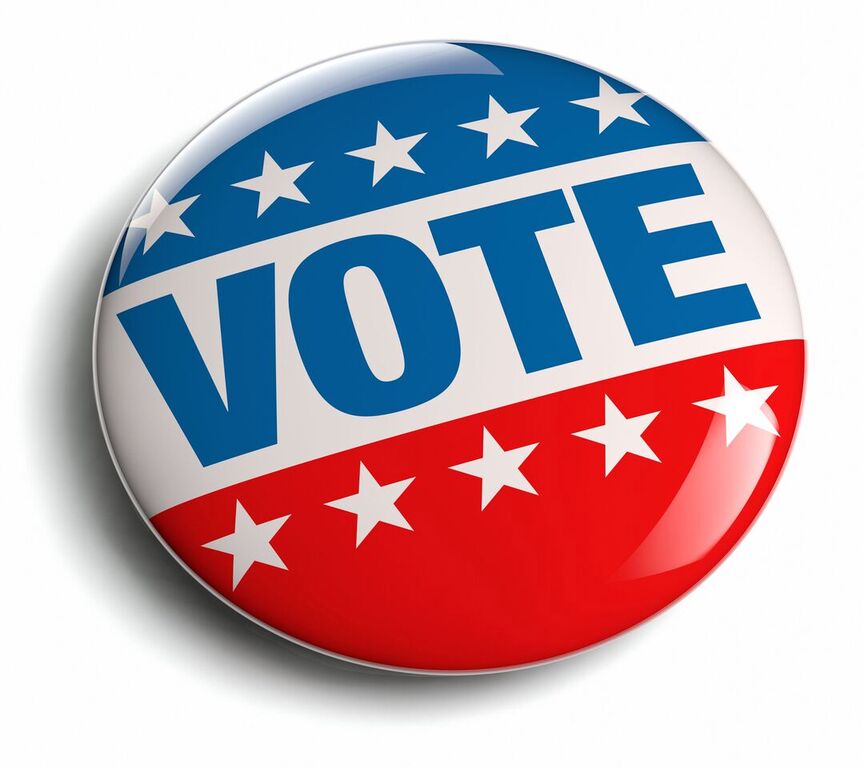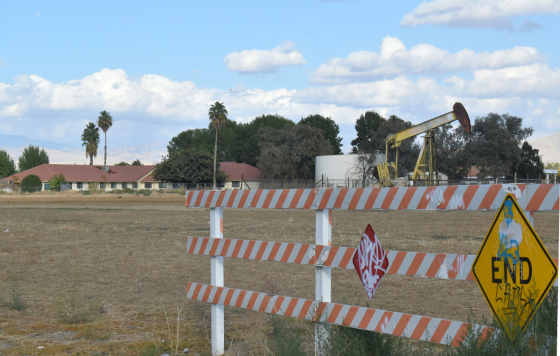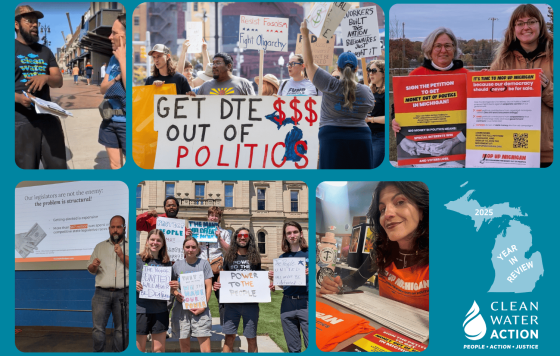
California voters are receiving their primary voter information pamphlets in the mail, so now is the time to make sure you are ready to be a clean water voter.
Our elected leaders have huge power to act on our behalf passing legislation that makes a real difference on the issues that matter to our communities and families. Electing environmental champions who will fight for us is how we can have an impact in California and on the climate.
In the face of huge corporate spending on lobbying and special interest spending powered by a series of Supreme Court decisions that started with Citizens United, elected officials who will stand up for communities that lack access to safe drinking water, hold polluters accountable, and support immediate actions to address climate change are rare birds in the halls of the state and federal legislatures.
The stakes couldn't be higher in the 2016 election season. Needless to say, the outcome of Presidential election will determine whether the United States carries through goals set by President Obama at the Paris climate talks in 2015.
While the Presidential race is significant, the stakes are high in California too.
On climate, California is a leader. For example, the state Global Warming Solutions Act (AB 32- Pavley) enacted in 2006, required a sharp reduction of greenhouse gas (GHG) emissions, and set the stage for its transition to a sustainable, low-carbon future. Many of the GHG reduction measures, for example, the Low Carbon Fuel Standard, the Advanced Clean Car standards, and Cap-and-Trade, have been adopted over the last five years and implementation activities are ongoing. California is getting real reductions to put us on track to achieve the AB 32 goal of getting back to 1990 levels of greenhouse emissions by 2020. But this bill was enacted by a much more progressive state legislature than what we have today.
There is a group of "moderate" Democrats in the California legislature who put the concerns of special interests like the Chamber of Commerce and big oil ahead protecting our communities. They refused to support the Governor's goal to reduce the oil used in transportation by 50% by 2030. The same can be said for so many vital environmental issues in California.
Big spending by the well-funded lobbyists blocked a commonsense bill to require drug companies to set up collection programs to take back unused medications in order to reduce water pollution caused by flushing outdated medications.
Big Ag is also a big influence. Nitrates are the most significant threat to California's drinking water. Low-income communities are paying for nitrate pollution through health impacts such as higher infant mortality and cancer rates. This also hits their pocketbooks - many have to drive each week to buy safe drinking water on top of paying water rates, that can be 10 percent of their monthly income.
There’s no doubt big agriculture is responsible. 96 percent of the nitrogen leaching into groundwater comes from sources applied to crops, including synthetic fertilizer (54%) and manure (33%). Yet for the last two legislative sessions, we've been unable to convince many moderate Democrats to support a fee on fertilizer to provide impacted communities with safe water.
While we've had many important victories for clean water and the environment in the last few years, the group of progressive legislators and allies that helped us win is narrowing. And in this election, we are losing some important elected officials due to term limits.
So we need to make sure we replace this group of legislators and elect new leaders. Check out this page to see who earned the Clean Water endorsement.
You can find your polling place here.


